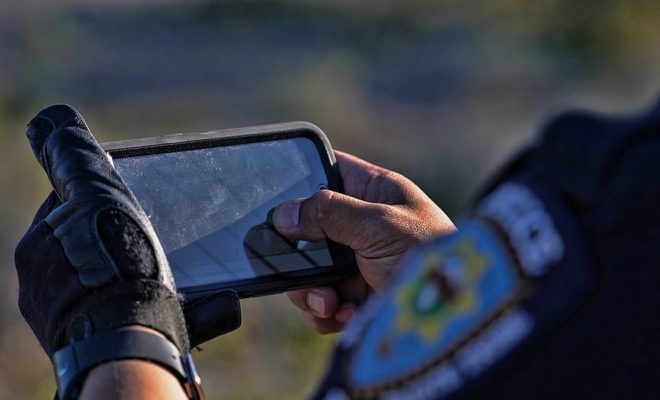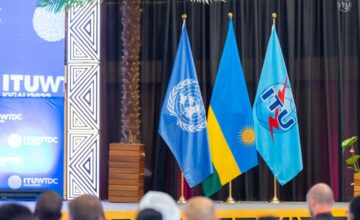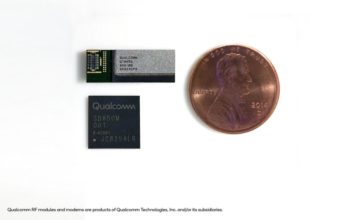New Hampshire Gov. Chris Sununu announced on Dec. 7 that Granite State would be the first to pass on the First Responder Network Authority, or FirstNet. Sununu instead announced that the state would contract with Rivada Networks.
“Rivada has proposed a plan that has the potential to provide immense value to our state, including unparalleled public safety infrastructure investments that will lead to unmatched and near universal coverage for the new public safety network,” said the governor. “If we successfully navigate the opt-out path, New Hampshire will retain a level of control that it would have enjoyed in an opt-in scenario.”
FirstNet is a public-private partnership for America’s first nationwide public safety broadband network. It would give first responders access to the network via smart phones, laptops and specialty devices. AT&T committed to investing about $40 billion over the 25-year contract, which would take advantage of much of the carrier’s existing infrastructure.
The contract was seen as a boon for AT&T. In addition to receiving $6.5 billion for designing and operating the network, the company will get access to 20 MHz of 700 MHz low-band spectrum and the right to sell excess bandwidth.
AT&T official Chris Sambar said, “Today, Gov. Sununu has expressed his decision to go down a path not chosen by any of the 35 states and territories before him. We remain hopeful New Hampshire will continue to assess the substantial risk associated with an opt-out proposal of an unproven vendor.”
States have until Dec. 28 to opt-in or propose a FirstNet-compatible system. To date, 33 states – including eight who considered alternatives – and two territories have opted in. Some states have raised concerns over spectrum manager lease agreements (SMLAs), which would cost some states billions of dollars if they opt out.




